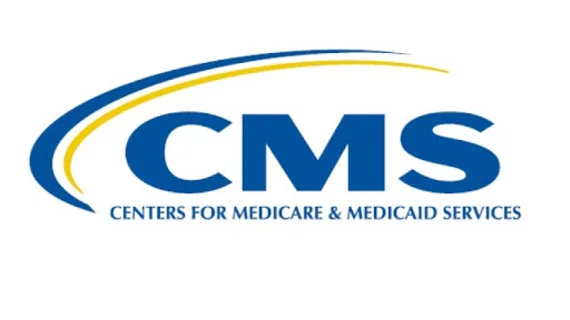CMS approves New Hampshire to impose Medicaid work requirements
New Hampshire will become the fourth state to impose work requirements on Medicaid beneficiaries, according to a May 7 joint statement from CMS, HHS and New Hampshire Governor Chris Sununu.
New Hampshire, which expanding Medicaid in 2014 under the Affordable Care Act (ACA) to cover those making up to 138 percent of the federal poverty level, will require those between 19 and 64 years old to participate in 100 hours of activity—including work, school, job training and community service—each month. Exemptions will be available for some populations, including some elderly, parents and medically at-risk individuals.
"Work requirements help lift able-bodied individuals out of poverty by empowering them with the dignity of work and self-reliability while also allowing states to control the costs of their Medicaid programs. They help people gain the skills necessary for long-term independence and success,” New Hampshire’s Republican Gov. Governor Chris Sununu said in a statement.
New Hampshire is the fourth state to implement such requirements after the Trump administration, following Kentucky, Indiana and Arkansas, all of which expanded Medicaid coverage under the ACA. Six states are currently applying for the ability to implement such work requirements.
“I congratulate Governor Sununu’s commitment to join me in improving the lives of Medicaid beneficiaries by creating a crucial link to work and community engagement,” CMS administrator Seema Verma, MPH, said in the joint statement.
Back when such work requirements were announced, American College of Physicians (ACP) president Jack Ende, MD, said this new policy will restrict Medicaid eligibility.
“Medicaid was designed as a healthcare program, to provide vulnerable members of our society with access to care they badly need,” Ende wrote. “Work requirements impose an additional, unnecessary barrier to allowing patients access to vital health care services for people who need access and coverage the most.”

